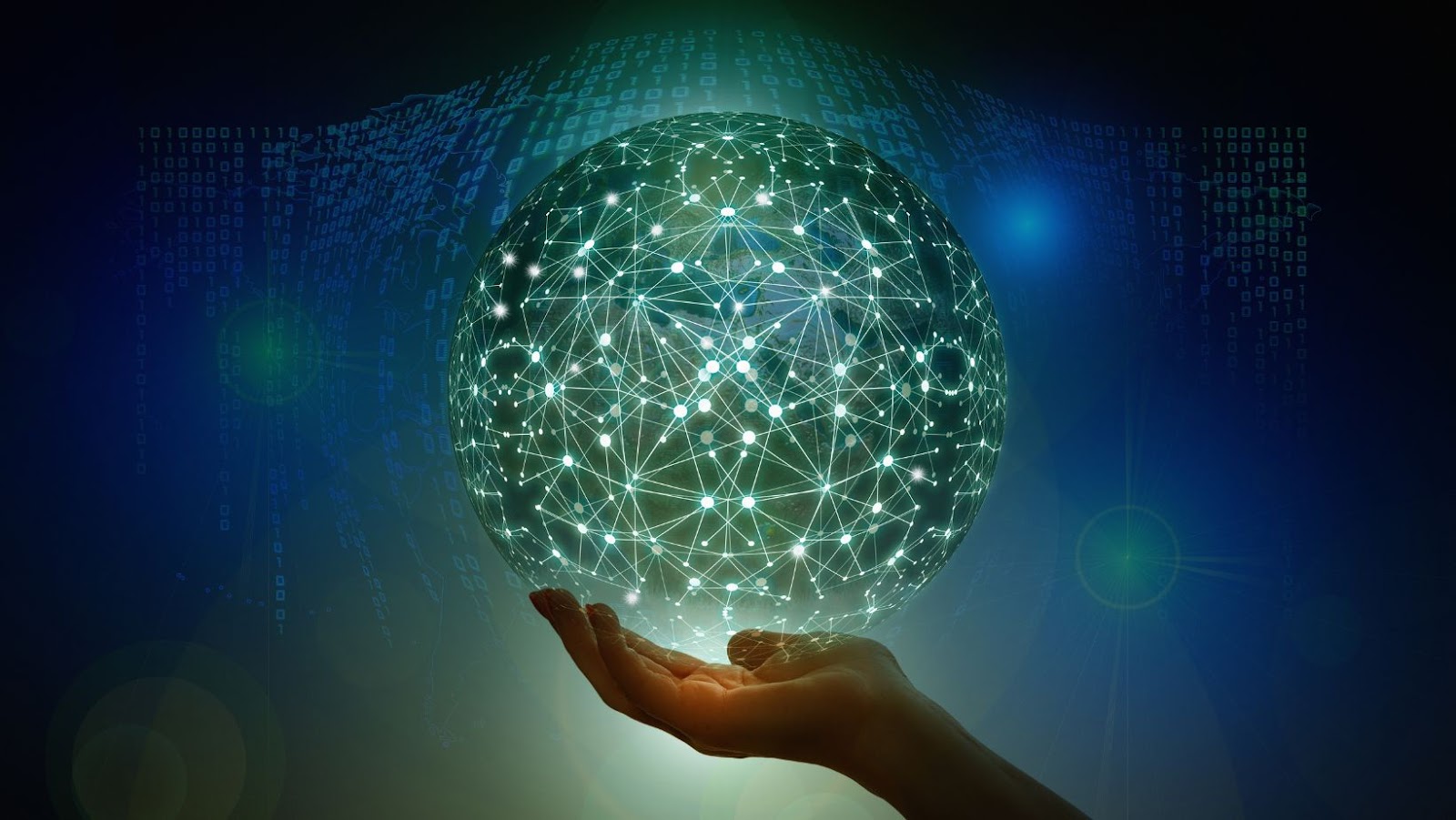If you’re interested in understanding the world of blockchain technology, you’ve probably heard of blockchain developers and the crucial work they do. But what exactly is a blockchain developer? In short, a blockchain developer is a specialized software developer who focuses on designing, implementing, and maintaining blockchain technology systems, platforms and applications.
What sets a blockchain developer apart is their in-depth understanding of the blockchain technology architecture, specifically the distributed ledger technology (DLT), and how it interacts with other technologies such as smart contracts, consensus algorithms, and cryptography. Blockchain developers use this knowledge to create distributed applications secure, transparent, and verifiable, that run on the blockchain.
In conclusion, a blockchain developer is a unique and highly skilled software developer who specializes in creating secure, transparent, and verifiable decentralised applications using blockchain technology. With the increasing demand for decentralised solutions in traditional industries, blockchain developers are becoming more sought-after in the job market, making it an excellent career choice for anyone interested in technology and innovation.
The Role of a Blockchain Developer
As a blockchain developer, my role is one of great responsibility. In short, I specialize in creating and implementing blockchain solutions for a variety of use cases.
To achieve this goal, I work with a range of programming languages, such as C++, Java, Python, and Solidity, which facilitates the development of smart contracts on various blockchain platforms such as Ethereum, Hyperledger, and Corda.
As the name suggests, blockchain developers are essentially responsible for creating, implementing and maintaining the blockchain, which is a digital ledger that enables secure, transparent, and tamper-proof transactions. They write the code that powers the blockchain so that it can be used for everything from banking to supply chain management.
However, this is not all that my job entails. A blockchain developer also needs to keep up with the latest innovations in the blockchain space, identify and solve any technical issues as they arise, and collaborate with other developers and stakeholders to create effective and efficient solutions.
Since blockchain technology is relatively new, my job as a developer involves a high degree of creativity and experimentation. I am constantly testing new code, reworking existing code, and working on new blockchain models that can improve the way we conduct business operations across various industries.
In summary, a blockchain developer is responsible for creating and implementing blockchain solutions by writing and maintaining the code that powers the blockchain. It’s a challenging, dynamic, and exciting role that requires a high degree of creativity, problem-solving, and technical expertise.
Skills and Knowledge Required for a Blockchain Developer
As a blockchain developer, one must possess a unique set of skills and knowledge that sets them apart from the rest. In this section, I’ll share the essential skills and knowledge that are required for this role.

what is a blockchain developer
Cryptography is a field of study that deals with secure communication in the presence of adversaries. Cryptography is an essential skill for blockchain developers because it ensures the data’s security and integrity on the blockchain. Developers must understand symmetric and asymmetric encryption, digital signatures, and hashing algorithms to implement a secure blockchain.
Distributed Systems
Blockchain is a distributed system, which requires developers to understand the architecture and design of distributed systems. As a blockchain developer, it is essential to have an understanding of peer-to-peer networks, consensus algorithms, and fault-tolerance to create an efficient and secure blockchain.
Smart Contracts
Smart contracts are self-executing contracts with the terms of the agreement between buyer and seller directly written into lines of code. Smart contracts are the backbone of most blockchain platforms, and a blockchain developer must be skilled in writing, testing, deploying, and debugging smart contracts.
Programming Languages
To become a blockchain developer, knowledge of programming languages such as C++, Java, Solidity, and Python are essential. These languages allow the developer to build and deploy decentralized applications (DApps) on the blockchain.
Problem Solving
Blockchain developers must be analytical thinkers with excellent problem-solving skills. The blockchain environment requires developers to tackle complex problems, and they must have the ability to break down problems into smaller, more manageable parts.
In conclusion, a blockchain developer must possess a combination of skills and knowledge to create effective and secure blockchain solutions. Their expertise in cryptography, distributed systems, smart contract development, programming languages, and problem-solving skills are paramount in this field.
As I mentioned earlier in this article, a blockchain developer is responsible for creating decentralized applications and platforms based on blockchain technology. There are three main types of blockchain developers, each with their own set of specializations.

1. Ethereum Developers:
Ethereum is one of the most popular blockchain platforms out there, and Ethereum developers play a crucial role in building decentralized applications on top of it. They are responsible for creating blockchain-based smart contracts using Solidity, a programming language that runs on the Ethereum Virtual Machine (EVM). Ethereum developers also need to have a strong understanding of Web3.js, a JavaScript library that enables interaction between a user’s browser and the Ethereum network.
2. Hyperledger Developers:
Hyperledger is an open-source blockchain platform that is used for creating enterprise-level applications. Hyperledger developers are responsible for building and maintaining private, permissioned blockchain networks that are used by organizations in various industries. They typically work with programming languages such as Go, Java, and JavaScript, and are required to have a deep understanding of concepts such as consensus algorithms, cryptography, and peer-to-peer networking.

3. Bitcoin Developers:
While Bitcoin is the most well-known cryptocurrency, the role of a Bitcoin developer is not limited to the development of the Bitcoin blockchain itself. Rather, Bitcoin developers also play a key role in developing decentralized applications that run on top of the Bitcoin network. These developers work with programming languages such as C++, Python, and JavaScript, and are required to have a solid understanding of how the Bitcoin protocol works.
In conclusion, the role of a blockchain developer is critical in the creation of decentralized applications and platforms. Whether it’s Ethereum, Hyperledger, or Bitcoin, each platform requires a different set of skills, and developers specializing in each platform are highly sought after in the industry.




